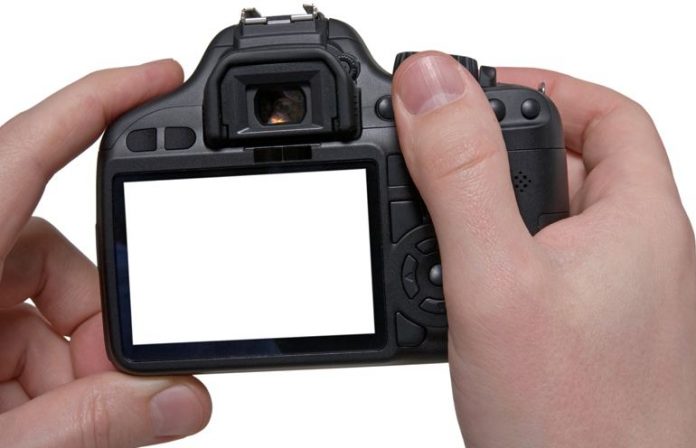Nowadays with digital photography, you can do wonders to correct and control the white balance in your photographs. With regular film, you could of course correct the imbalance at the development stage in the laboratory, though the expense is really not comparable.
If you want to learn how to work the numerous white balance positions available on digital cameras, you may refer to online help, in order to understand the basic principles. Most people who have an average understanding of photography will easily understand these explanations.
Usually, people will be seeking an exact representation of the initial scenes colour scheme, in order for the photos to portray the correct colours that were present in the original scene.
You can of course play with your white balance setting in order to obtain special effects, as in the case of giving a red-orange tone to your photographs by setting your camera on a cloudy or shade mode, when in fact it is a sunny day.
You may also try to introduce a bluish-purple effect to your scene, by setting the Tungsten mode, in doing so the camera is set for a red-orange scene and it will compensate with a colder colour scheme.
It is also important to get acquainted with the Kelvin scale, by doing so you may choose the Kelvin temperature you wish on your camera and give each photograph the colour warmth you wish.
In this way, you may achieve all sorts of effects by playing on the light adjustment of your camera and setting warmer or colder tones to your photos.

